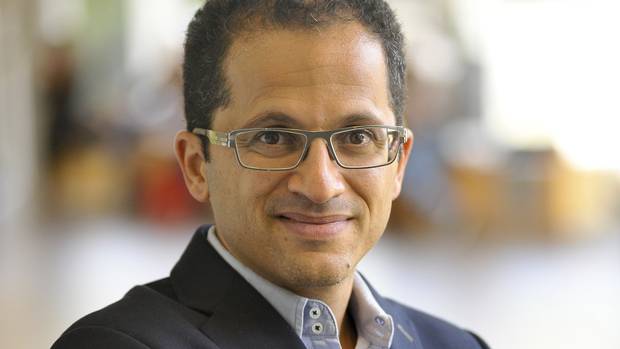
University of Toronto, Canada
Emotional Foundations of Self-Control
Although seen as the paragon of higher cognition, here I ask if control resembles an emotional episode. Constructivist approaches suggest that so-called basic emotions can be broken down into more primitive elements, including changes in core affect, attributions, appraisals, physiology, expression, subjective experiences, and emotional meta-experience. Here, I present a model suggesting that self-control is instigated by the presence of goal conflicts that produce phasic twinges of negative affect. Emotional changes, then, are at the heart of control and I provide evidence by highlighting how changing aspects of emotion, we can influence self-control, both at the level of brain and behaviour. I further suggest that understanding control as a deeply emotional process can inform why self-control appears to wane over time, without appeal to dwindling metabolic or psychological resources. In sum, a greater appreciation of the emotional and motivational nature of self-control can help make sense of robust findings in the literature and generate novel and testable predictions that would otherwise be unanticipated.
All are welcome!